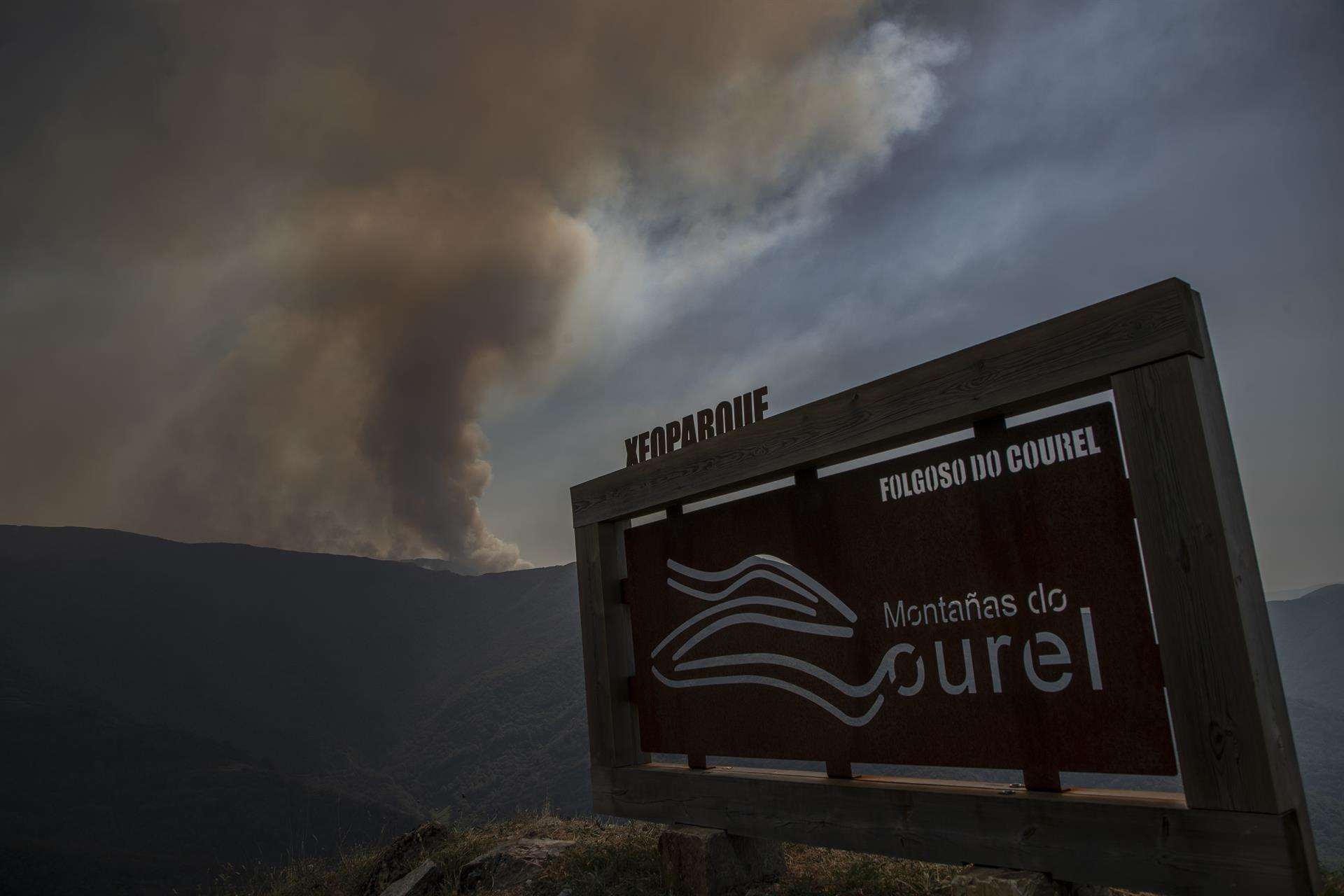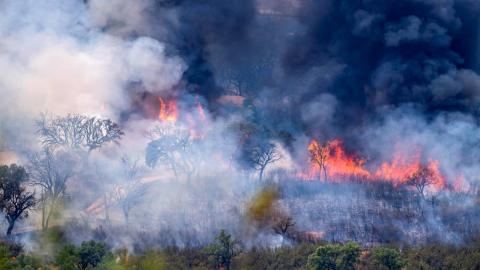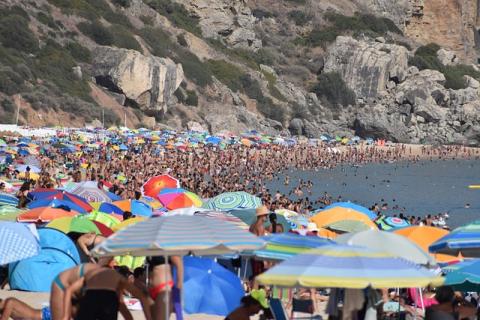I think I have always been characterised by measuring many of my statements regarding the issue of fires and their management, trying to base them on objective data and scientific evidence. The cooler and more rational part of my mind is always trying to provide solutions and make constructive criticism and analysis in the face of a sociologically complex problem and a great social and environmental challenge (see my letter recently published in Nature).
But besides being a scientist, a doctor in terrestrial ecology and author of publications in international journals, I am a person. And a sensitive person, a defender of the nature and culture of our country. I am also the father of a little girl in Galicia. What we are experiencing this year is devastating, as it has been in recent years in Portugal, Greece, Italy; in California, Australia or Chile. It is also tremendously frustrating.
What are we waiting for to react as a society to the inaction of the different governments that have set and continue to set our agenda?
Why? Because we have been warning for years about the consequences of climate change, rural abandonment, lack of territorial planning. Of the risk of suffering a wave of fires like the one that occurred in 2017 in Portugal, where more than 100 people died. And what is the reaction of political leaders and crucial socio-economic sectors in this country? Today it is Courel, yesterday Xurés, and tomorrow? What are we waiting for to react as a society to the inaction of the different governments that have marked and mark our agenda?
Let me be clear, non-management is a decision. It is a decision with clear implications. The wave of fires we are experiencing is largely a consequence of the decisions taken in the agroforestry and territorial sphere over the last 40 years.
It has been shown that a policy based exclusively on extinguishing all fires paradoxically favours the accumulation of 'fuel'
Rural abandonment in Galicia, as in other regions of southern Europe, is a process that began in the second half of the 20th century. The rural exodus has led to the loss of traditional agro-pastoral activities and their consequent impact on our landscapes. The amount and continuity of the fuel load, i.e. the vegetation available for burning, is much greater than 50 years ago. It has been shown that a policy based exclusively on extinguishing all fires, regardless of the conditions and intensity with which they occur, paradoxically favours the accumulation of 'fuel', by depriving our ecosystems of a fundamental ecological process, fire (an effect known as the 'firefighting trap').
In the face of extreme events, fire brigades have little to do beyond risking their lives
How do we manage our agroforestry landscapes without fire? Where are the resources for landscape-scale management to cope with this new generation of fires? They are here to stay. We must be aware that climate change will only favour the conditions for these waves of fire to recur with greater frequency and virulence. The progressive accumulation of unmanaged vegetation, under the conditions of drought and water stress to which they are exposed, creates the ideal conditions for the generation of extreme events against which fire brigades have little to do but risk their lives. Let's think about them too.
Unilateral and reactive management in the face of the challenges of global change is neither effective nor intelligent
We need to be aware of the seriousness of the problem. We need to create landscapes that are more resilient and resistant to large wildfires, to move towards fire-smart territories. We need to recognise the fundamental role of fire in our landscapes, the ancestral use that rural communities have made of it, and incorporate that knowledge into management. Our landscapes urgently need proactive, adaptive, integrative management that allows for rural development that is compatible in the medium and long term with biodiversity and ecosystem services. It is clear that unilateral and reactive management in the face of the challenges of global change is neither effective nor intelligent. And inaction, I repeat, is also a choice.
Moving in the right direction requires a conciliatory, integrative attitude and a holistic vision of the system that promotes synergies between the different sectoral policies in order to implement truly effective management in the fight against the sociological risks associated with climate change and rural abandonment in our country.
Today I ask myself, what is the agroforestry landscape we want for Galicia in the coming decades?




